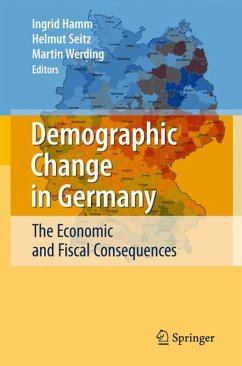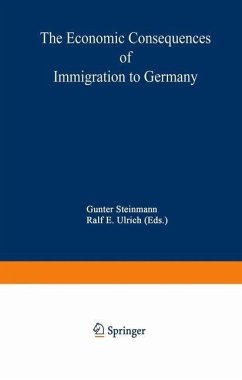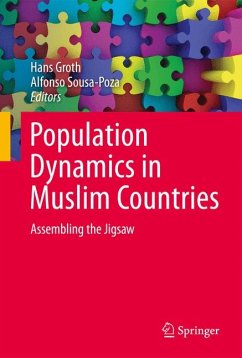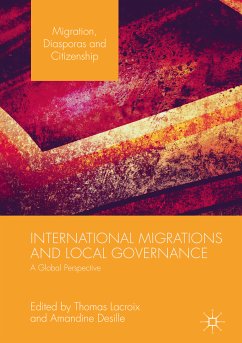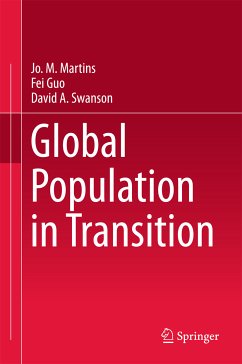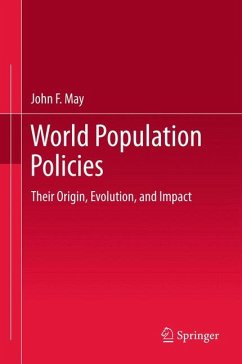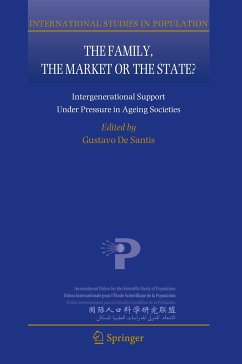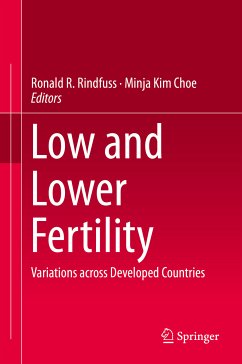
Generational Accounting (eBook, PDF)
Theory and Application
Versandkostenfrei!
Sofort per Download lieferbar
112,95 €
inkl. MwSt.
Weitere Ausgaben:

PAYBACK Punkte
56 °P sammeln!
Among the concepts used to assess the sustainability of fiscal policy in a changing demographic environment, generational accounting has become the most prominent. This book gives a complete and up-to-date introduction to the theory and practice of the method. It reveals deficiencies of the original residual concept and discusses various measures of intergenerational redistribution based on the recent sustainability approach to generational accounting. An application using data on German public finances serves to provide an in-depth explanation and practical illustration of the technique. The ...
Among the concepts used to assess the sustainability of fiscal policy in a changing demographic environment, generational accounting has become the most prominent. This book gives a complete and up-to-date introduction to the theory and practice of the method. It reveals deficiencies of the original residual concept and discusses various measures of intergenerational redistribution based on the recent sustainability approach to generational accounting. An application using data on German public finances serves to provide an in-depth explanation and practical illustration of the technique. The study develops new procedures to evaluate the fiscal externalities of migration and the redistribution of net wealth among living generations resulting from Social Security reform. The book is an indispensable source of reference for analysts employing generational accounting and for those wishing to study intertemporal redistribution through fiscal policy.
Dieser Download kann aus rechtlichen Gründen nur mit Rechnungsadresse in A, B, BG, CY, CZ, D, DK, EW, E, FIN, F, GR, HR, H, IRL, I, LT, L, LR, M, NL, PL, P, R, S, SLO, SK ausgeliefert werden.



